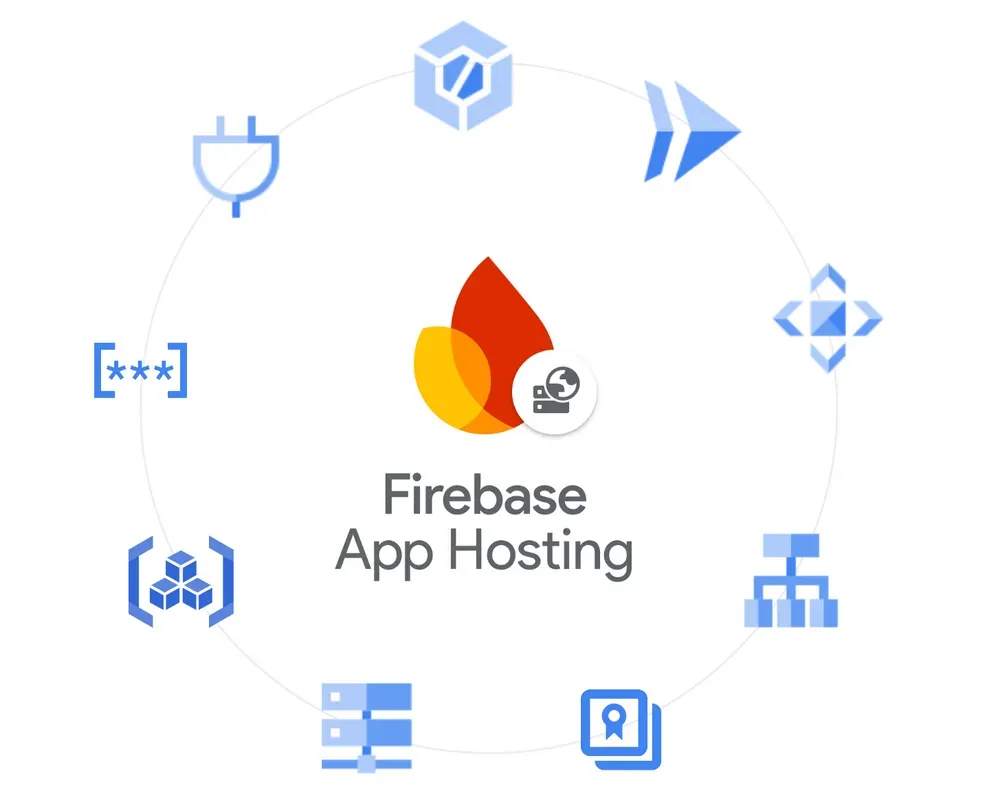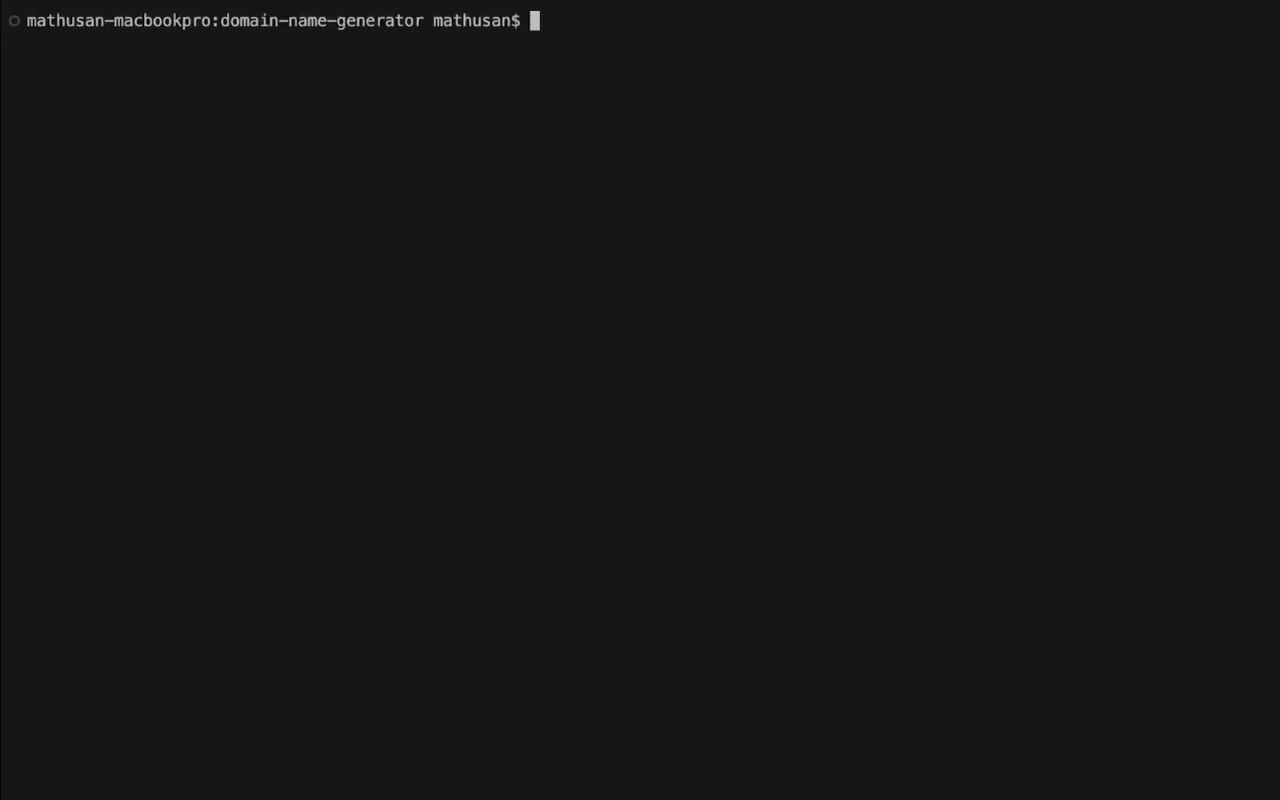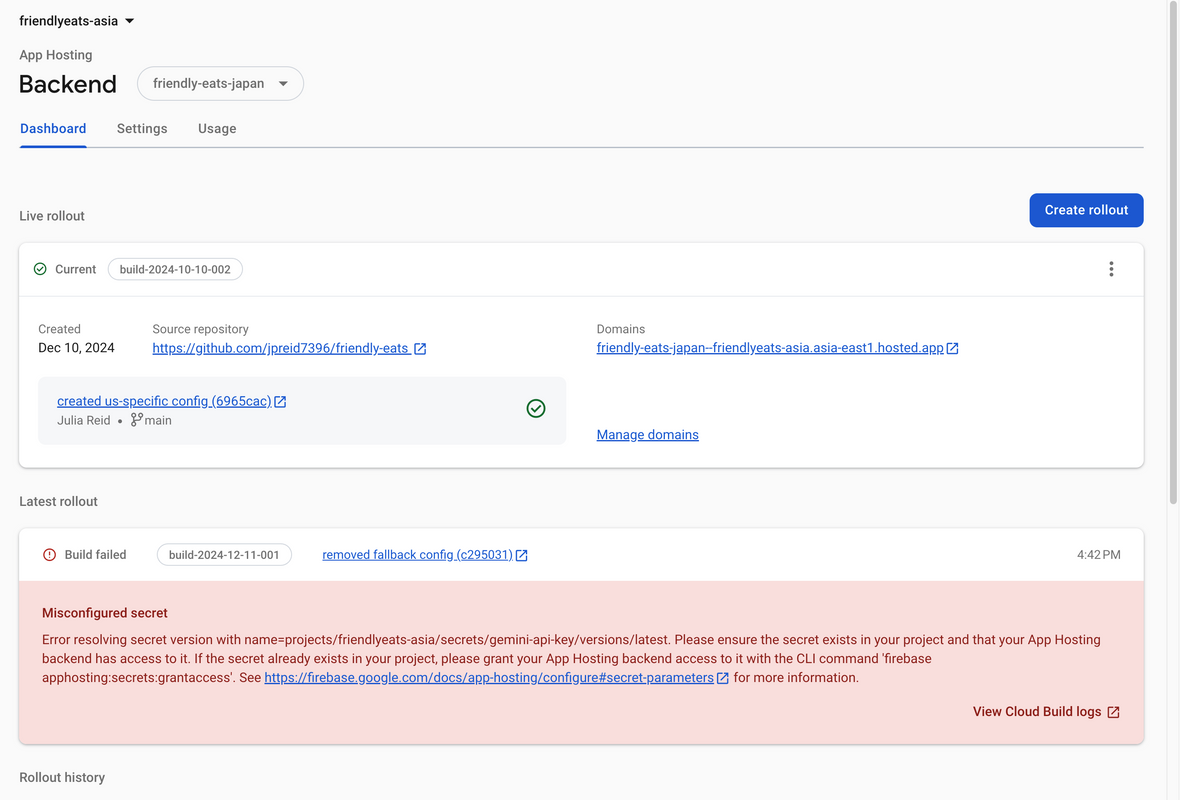Hello developers! Welcome to the Firebase App Hosting end-of-year update. We have some exciting new features to unveil, but we also want to take this time to celebrate how your feedback has helped shape App Hosting over the past seven months! 🚀
It’s been an exciting year! At Google I/O, we announced the public preview of Firebase App Hosting. Firebase App Hosting is a secure, serverless web hosting product that manages everything from the build, to the CDN, to server-side rendering.

App Hosting streamlines Angular and Next.js deployments from GitHub, automatically building static assets in Cloud Build, deploying dynamic content to Cloud Run, and serving cached content on Cloud CDN. You push to GitHub, App Hosting figures out the rest.
Since we announced our preview, we’ve been hard at work delivering features that make it easier for you to deploy and manage your web apps. Features like:
- Wildcard domains: Support for wildcard subdomains as custom domains
- Environments: Environment-specific apphosting.yaml configurations, to make it easier to deploy the same codebase to many environments
- Additional regions: In addition to the US, we now support deployments to Asia and Europe
- More settings in the console: The ability to manage deployment settings in the Firebase console, so you can disable automatic rollouts or update the live branch for CI/CD
- Monorepos: Support for Nx monorepo tooling and deploying subdirectories of GitHub repos
- Manual rollouts: A CLI command to trigger rollouts on-demand, giving you more flexibility in how you deploy to production
- Cookie support: when first released, cookies were filtered out of both App Hosting requests and responses due to our Google Cloud architecture. Common use cases like Auth N/Z required complex work-arounds with Service Workers.
And we’re not done yet! Today, we’re thrilled to announce new features that will help you innovate and scale your app: a local emulator, an improved UI for debugging builds, and VPC connectivity.
Test your app locally with the App Hosting emulator
We know that local development is crucial for innovating rapidly. That’s why we’re introducing a local emulator for App Hosting! Now you can run your app locally using your apphosting.yaml configuration, ensuring that your development environment has the same set of environment variables and secrets as your deployed environment.
Why is this important? App Hosting enables you to define environment variables and reference secrets in a configuration file called apphosting.yaml. Previously, running your app locally with your framework’s development command (like next dev for Next.js) meant these environment variables and secrets were ignored.
With the App Hosting emulator, you can now:
- Run your app locally using environment variables defined in apphosting.yaml
- Define a separate configuration for local development in apphosting.local.yaml
- Download secrets from Cloud Secret Manager into apphosting.local.yaml

Check out our docs to get started with the emulator: https://firebase.google.com/docs/app-hosting/emulate
Improved UI for debugging build failures (coming soon!)
We heard your feedback about the challenges of debugging build failures. Previously, error messages were buried in the Google Cloud console, making them difficult to find. We’ve improved this experience by surfacing build error messages directly in the Firebase console:

This new UI makes it easier to quickly troubleshoot and resolve build failures– no more digging through logs in a separate console. You can expect to see these UI updates in the Firebase console in early January.
VPC Access in Cloud Run (coming soon!)
Soon you will be able to connect your App Hosting backend to a Virtual Provide Cloud (VPC) network. This will let you access parts of your cloud that are not accessible on a public IP address, allowing you to query non-Firebase databases like Cloud SQL or Spanner, cache with the Redis or Memcache APIs on Cloud Memorystore, or make calls against internal microservices deployed to Compute Engine or Kubernetes. You will be able to both use a serverless connector or reserve a VPC Subnet for direct connections. To see which solution is right for you, see the Cloud Run documentation
Angular v19
In case you missed it, Angular’s renaissance continues with the release of Angular v19! Angular developers now have incremental rehydration, hybrid rendering, and a number of quality of life improvements. We’ve been working closely with the Angular team to ensure that Firebase App Hosting is a great long-term home for your Angular SSR applications. Give it a spin today.
What’s next?
We’re just getting started. We have lots of features in development that we’ll be shipping to App Hosting in 2025. Expect to see regular updates as we continue on our path to general availability. We hope that these new features will enhance your experience with App Hosting and we’re excited to see what you build.
If you haven’t already, head over to the Firebase console and explore our documentation to deploy your first app. As always, if you have questions, you can hit us up on any of our support channels, or post questions on Stack Overflow. And if you have ideas for any new features, let us know on User Voice!

